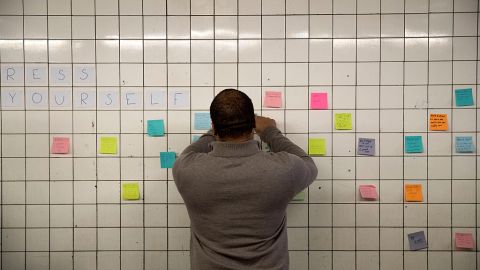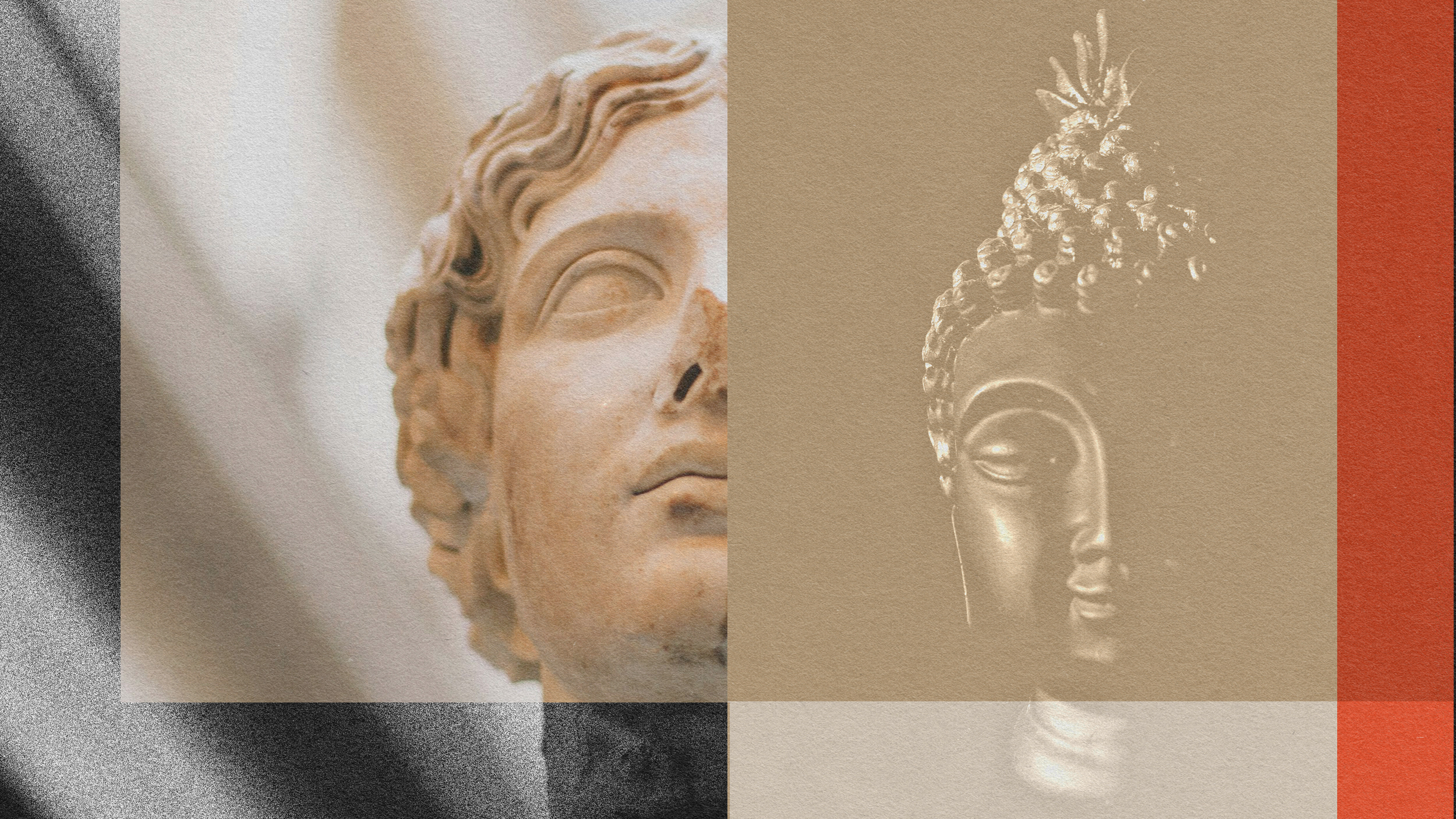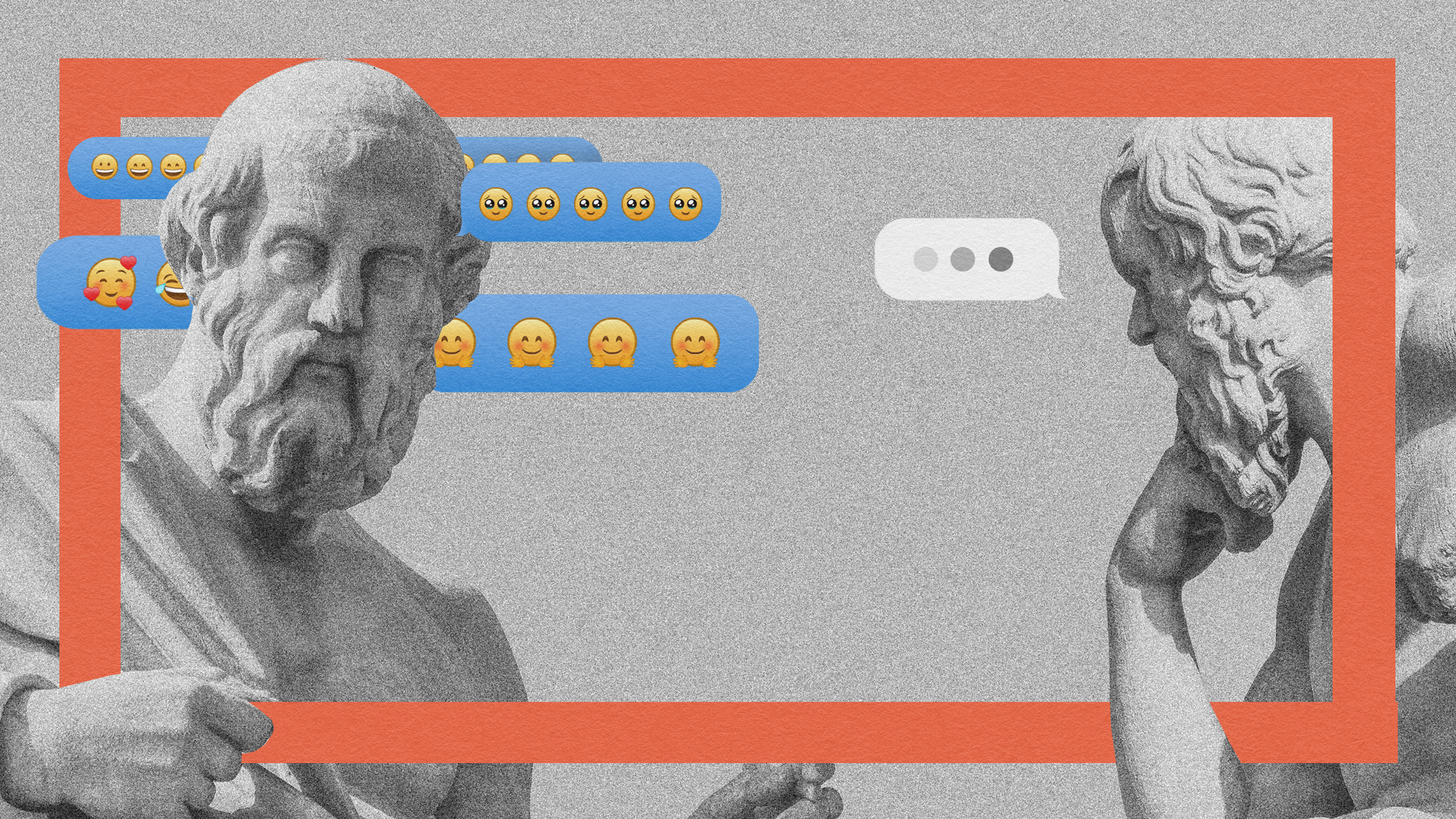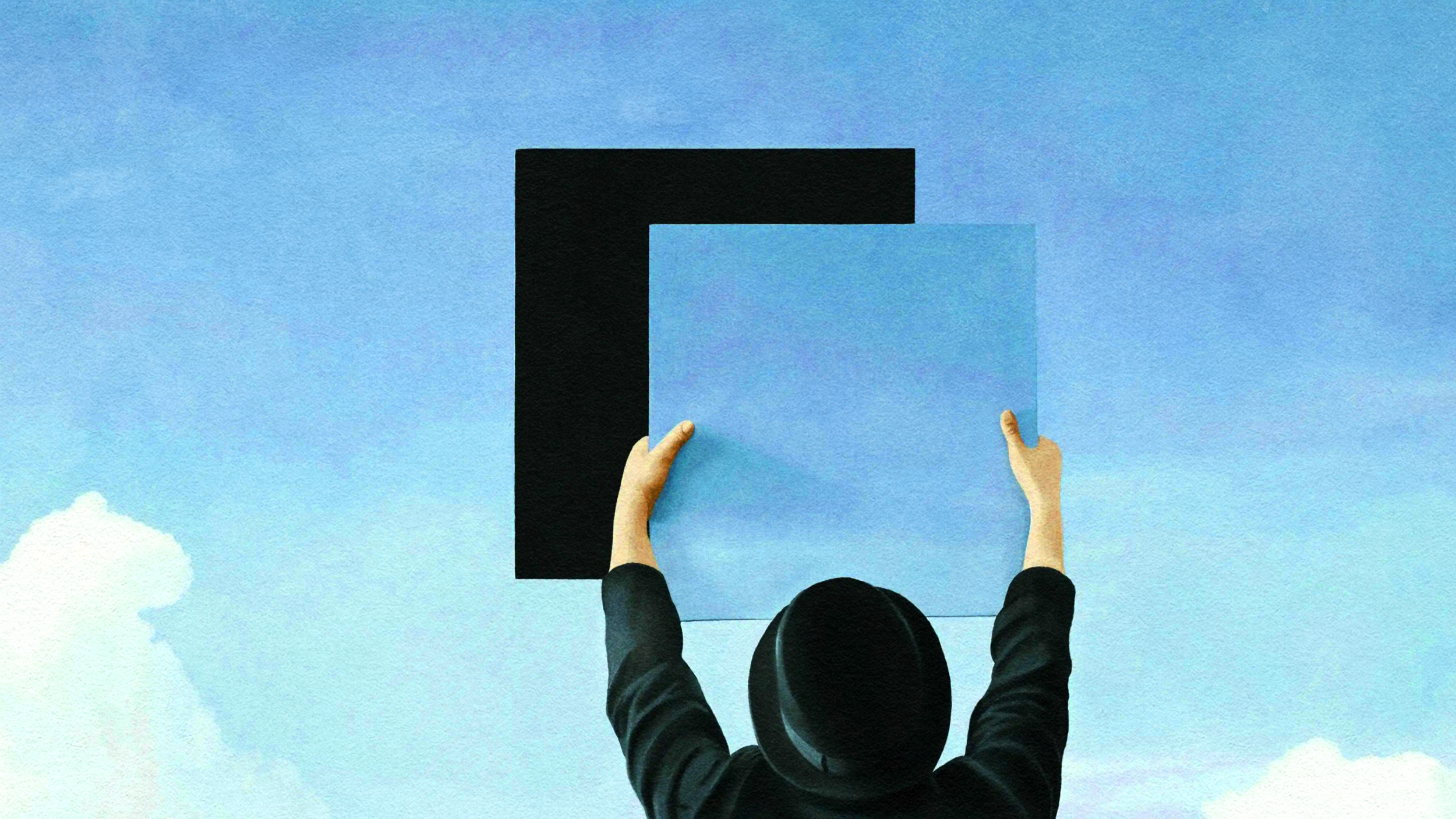Is Empathy Overrated?

Empathy seems to be a quality you can never overdo. It’s like a megavitamin of emotionally relating: the more you display, the better a human you are. Yet just like vitamins, argues Yale psychology professor Paul Bloom in his new book, Against Empathy, too much is too much.
Bloom spends a lot of time contemplating psychology. In his last book, Just Babies, he argued humans are born moral, no religion required. He’d built this argument for some time: his 2005 essay on God being a quirk of biological processes offers great insight into our cognitive wiring.
He’s been questioning empathy for even longer. He spends a fair amount of time—too much time, at certain points—defending his position rather than simply stating it. But we can forgive him given the tricky terrain he’s navigating. Telling someone empathy is overrated is akin to stating puppies are useless and ugly.
Bloom displays plenty of courage while treading a daunting line, namely, the mysterious distance between who we think we are and who we actually are.
As with many words, empathy has multiple meanings. Bloom is specific about the type of empathy he’s discussing:
Empathy is the act of coming to experience the world as you think someone else does … If your suffering makes me suffer, if I feel what you feel, that’s empathy in the sense that I’m interested in here.
Bloom suggests an injection of rationality when making emotional decisions. For example, donating to foreign charities ups our dopamine intake—we feel better because we’re making a difference (which, of course, can make it more about how we feel than who we’re helping).
For example, watching a commercial of poor orphans in Cambodia might inspire us to help. What we don’t know, however, is that some orphanages “pay or coerce poor parents to give up their children.” Once inside the system sexual abuse is common. The good feelings one receives from hitting send from their Paypal account—imagine what these poor orphans feel?—actually creates more suffering.
He also writes about those that make a lot of small donations to numerous charities. At times the processing and mailing fees incurred cost more than the donation itself. These are no crass calculations:
The conclusion is not that one shouldn’t give but rather that one should give intelligently, with an eye toward consequences.
Yet it’s not in our biological inheritance to offer unchecked empathy. Bloom points to our tribal nature as evidence. We’re going to care more for those closest to us, such as family and friends, then Cambodian orphans. Charities recognize this, which is why you’re usually assigned one child with a background rather than marketed a village of children. We gravitate toward singular cases of suffering.
Indeed, learning about one death is sometimes more harrowing than finding out about a hundred thousand. We can’t even wrap our heads around the latter. To imagine the suffering of a nation is impossible; to envision the pain of one person is common. But it’s also unbalanced. Imagine, Bloom writes, if every psychiatrist felt their patient’s pain?
Anyone who thinks that it’s important for a therapist to feel depressed or anxious while dealing with depressed or anxious people is missing the point of therapy.
Bloom discusses a chance meeting with Buddhist monk Matthieu Ricard, a prolific writer and thinker. After completing a doctoral thesis in molecular genetics in 1972, he left science to focus on Tibetan Buddhism. Bloom was speaking at the same conference with Ricard so they met for tea at the hotel.
Bloom felt silly explaining his empathy book to Ricard, thinking he’d quickly shut down the notion, “like telling an orthodox rabbi that you’re writing a book in favor of shellfish.” Instead, Ricard informed him about neural research he conducted with Tania Singer, director of social neuroscience at the Max Planck Institute for Human Cognitive and Brain Sciences.
Compassion meditation—offering compassion to others that are suffering—left Ricard feeling positive and motivated. Yet empathy meditation, actually feeling their pain (even only imaginarily), left him depleted and unfocused. If these two different meditations sound similar, they’re not: each affects different regions of the brain and requires different coping mechanisms.
Bloom then discusses the difference between what Binghamton professor and Asian Studies scholar Charles Goodman describes as “sentimental compassion” and “great compassion.” The first is similar to empathy, which leads to imbalances in relationships and one’s own psychological state. Simply put, it’s exhausting.
When practicing great compassion one creates distance from the suffering, just as a good therapist will do. This type of relating can be indefinitely sustained, as you’re not carrying the emotional burden of the other person. Rather than simply acting from an emotional perspective, you’re reasoning out the best course of action, something Bloom reminds us is common when raising children: a little bit of suffering (usually in the form of deflated expectations) now for greater knowledge later.
Empathy is going to be a buzzword for some time to come. It feeds into our social nature, which Bloom sees nothing wrong with. As stated, there are nuanced definitions. Feeling the suffering of others and wanting to help others not suffer is not the same thing. Bloom expresses this best when contemplating the empathy of intimacy and the essential nature of balance:
Agency emphasis self and separation and is a stereotypically male trait. Communion emphasizes connection with people and is stereotypically female. Both have value, and both are needed to be psychologically complete.
—
Derek’s next book, Whole Motion: Training Your Brain and Body For Optimal Health, will be published on 7/4/17 by Carrel/Skyhorse Publishing. He is based in Los Angeles. Stay in touch on Facebook and Twitter.





